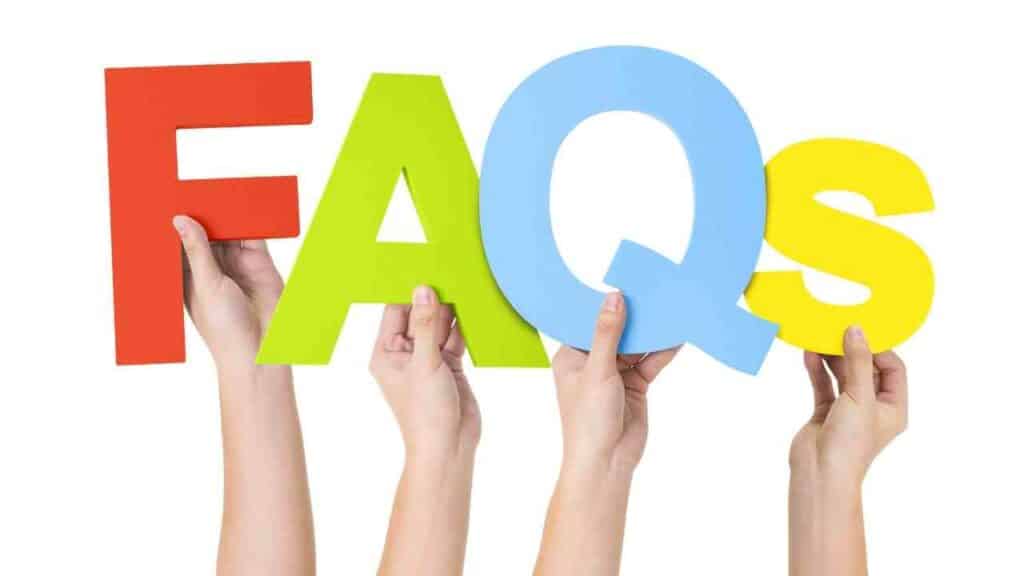Gain Efficiency in the Sales Cycle with Machine Learning

Machine learning has revolutionized various industries, and sales is no exception. With the ability to analyze vast amounts of data and make accurate predictions, machine learning can significantly improve the efficiency of the sales cycle. By leveraging this technology, businesses can streamline their processes, enhance customer experiences, and ultimately drive more revenue. In this article, we will explore how machine learning can be utilized to gain efficiency in the sales cycle.
The Role of Machine Learning in Sales
Machine learning is a subset of artificial intelligence that enables computers to learn and make predictions without being explicitly programmed. In the context of sales, machine learning algorithms can analyze historical data, identify patterns, and make predictions about future outcomes. This technology can be applied to various stages of the sales cycle, including lead generation, lead scoring, personalized recommendations, and sales forecasting.
Lead Generation
One of the most time-consuming tasks in the sales process is lead generation. Traditionally, sales teams would manually search for potential leads, often resulting in inefficiencies and missed opportunities. Machine learning algorithms can automate this process by analyzing vast amounts of data from various sources, such as social media, websites, and online directories. By identifying patterns and characteristics of high-quality leads, machine learning algorithms can generate a list of potential prospects that are more likely to convert into customers.
Lead Scoring
Once leads are generated, it is crucial to prioritize them based on their likelihood to convert. Manual lead scoring can be subjective and time-consuming. Machine learning algorithms can analyze historical data on successful conversions and identify patterns that indicate a lead’s potential to convert. By assigning a score to each lead based on these patterns, sales teams can focus their efforts on leads with the highest conversion probability, increasing efficiency and improving the overall sales performance.
Personalized Recommendations
Personalization is key to successful sales and customer satisfaction. Machine learning algorithms can analyze customer data, such as past purchases, browsing behavior, and demographic information, to make personalized product recommendations. By understanding customer preferences and behavior, businesses can deliver targeted offers and recommendations, increasing the chances of a successful sale. For example, Amazon uses machine learning algorithms to provide personalized product recommendations to its customers, resulting in a significant increase in sales.
Sales Forecasting
Accurate sales forecasting is essential for effective resource allocation and planning. Machine learning algorithms can analyze historical sales data, market trends, and external factors to predict future sales volumes. By leveraging this technology, businesses can make informed decisions regarding inventory management, production planning, and sales strategies. For example, a clothing retailer can use machine learning algorithms to predict the demand for different products based on factors such as weather, fashion trends, and customer preferences.
Case Studies
Several companies have already embraced machine learning in their sales processes and have witnessed significant improvements in efficiency and revenue. Let’s explore a few case studies:
IBM
IBM implemented a machine learning solution to improve its lead generation process. By analyzing data from various sources, including social media, websites, and online forums, IBM was able to identify potential leads with a higher conversion probability. This resulted in a 20% increase in lead-to-opportunity conversion rate and a 10% increase in overall revenue.
Netflix
Netflix is widely known for its personalized recommendations, which are powered by machine learning algorithms. By analyzing user data, such as viewing history, ratings, and preferences, Netflix can provide highly targeted recommendations to its subscribers. This has significantly contributed to customer satisfaction and retention, as well as increased revenue for the company.
HubSpot
HubSpot, a leading sales and marketing platform, utilizes machine learning to improve lead scoring. By analyzing historical data on successful conversions, HubSpot’s machine learning algorithms can assign a score to each lead based on their likelihood to convert. This enables sales teams to prioritize their efforts and focus on leads with the highest conversion potential, resulting in improved efficiency and higher sales conversion rates.
Benefits of Machine Learning in Sales
The adoption of machine learning in the sales cycle offers several benefits for businesses:
- Improved Efficiency: Machine learning automates time-consuming tasks, such as lead generation and lead scoring, allowing sales teams to focus on high-value activities.
- Enhanced Personalization: By analyzing customer data, machine learning algorithms can provide personalized recommendations and offers, increasing the chances of a successful sale.
- Accurate Sales Forecasting: Machine learning algorithms can analyze historical data and market trends to predict future sales volumes, enabling businesses to make informed decisions.
- Increased Revenue: By streamlining the sales process, improving lead quality, and enhancing customer experiences, machine learning can ultimately drive more revenue for businesses.
Conclusion
Machine learning has the potential to revolutionize the sales cycle by improving efficiency, enhancing personalization, and driving more revenue. By leveraging this technology, businesses can automate time-consuming tasks, prioritize leads, provide personalized recommendations, and make accurate sales forecasts. Companies like IBM, Netflix, and HubSpot have already witnessed significant improvements in their sales processes by incorporating machine learning. As the technology continues to evolve, it is crucial for businesses to embrace machine learning to stay competitive in today’s data-driven world.
Visit https://SaasExpert.ca – Your All-In-One Sales and Marketing Platform for small businesses, agency owners, and marketers to learn more about how machine learning can transform your sales cycle.
Frequently asked questions about Gain Efficiency in the Sales Cycle with Machine Learning

🚀 How does machine learning turbocharge lead generation to fast-track the sales cycle?
Strap in, because machine learning is the turbo engine your lead generation has been waiting for! 🌪 By employing advanced algorithms, machine learning delves into the depths of data that traditional methods can’t reach. It identifies hidden patterns, deciphers customer behaviors, and predicts trends. What does this mean for your sales cycle? Lightning-fast identification of high-quality leads! No more sifting through endless data; machine learning does the heavy lifting, presenting your team with leads that are not just likely, but practically ready to convert. This accelerates the initial and most time-consuming phase of your sales cycle, propelling your sales force from zero to hero at record speed. 🏎💨
⚙️ How is machine learning refining efficiency in customer relationship management (CRM)?
Machine learning isn’t just a tool; it’s your backstage maestro conducting an orchestra of efficiency in CRM! 🎻 It streamlines workflows by automating repetitive tasks, ensuring your sales team focuses on what humans do best – building relationships. With real-time analytics, each customer interaction is optimized; for example, follow-ups are timed to perfection, personalized to each client’s communication preference, and content is tailored based on historical interaction, ensuring relevance and engagement. This efficiency wave means your team navigates the sales cycle like a well-charted voyage, using machine learning as the compass leading to the treasure of customer satisfaction and loyalty. 🧭💎
🎛 How does machine learning fine-tune the precision of sales forecasting?
Welcome to the future of sales forecasting, where machine learning is the crystal ball with actual clarity! 🔮 Traditional forecasting is often guesswork dressed in numbers, but machine learning transforms it into a strategic foresight. By analyzing mountains of historical data, current market conditions, and buying trends, it provides predictions with pinpoint accuracy. Sales teams can anticipate demand, prepare for market shifts, and make informed decisions on inventory, marketing, and more. The sales cycle becomes a smooth sail in the serene sea, efficiently navigating away from storms of uncertainty and towards the sunny horizons of success. 🌊☀️
🤹♀️ How does machine learning assist sales teams in juggling multiple accounts efficiently?
Imagine each sales rep as a juggler, and machine learning is their assistant, passing the right ball at the right time! 🤹 With machine learning, managing multiple accounts becomes less about chaos and more about harmony. It provides a 360-degree view of each account, keeps track of communication, and highlights areas needing attention, ensuring no ball ever drops. The intelligent prioritization helps in identifying which accounts to focus on for maximum ROI, ensuring efforts are not just efficient but also effective. The sales cycle with machine learning turns into a seamless performance, delighting audiences with the art of winning sales without breaking a sweat. 🎭
🔍 In what way does machine learning bring clarity to sales performance analysis for enhanced efficiency?
Clarity and insight are machine learning’s forte, turning the murky waters of sales data into a crystal-clear pool of understanding! 💠 Instead of drowning in data, sales teams receive coherent, actionable insights. Machine learning evaluates the performance of past sales strategies, understanding successes and pinpointing failures. It’s an ongoing process, where each cycle refines the next, optimizing approaches through A/B testing, and more. By understanding what works, sales teams can replicate success and avoid past mistakes, making the sales cycle not just a repetitive loop, but a ladder to higher efficiency and greater achievements. 📈🔝
- crm
- customer relationship management
- Gain Efficiency in the Sales Cycle with Machine Learning
- What is CRM Software?






